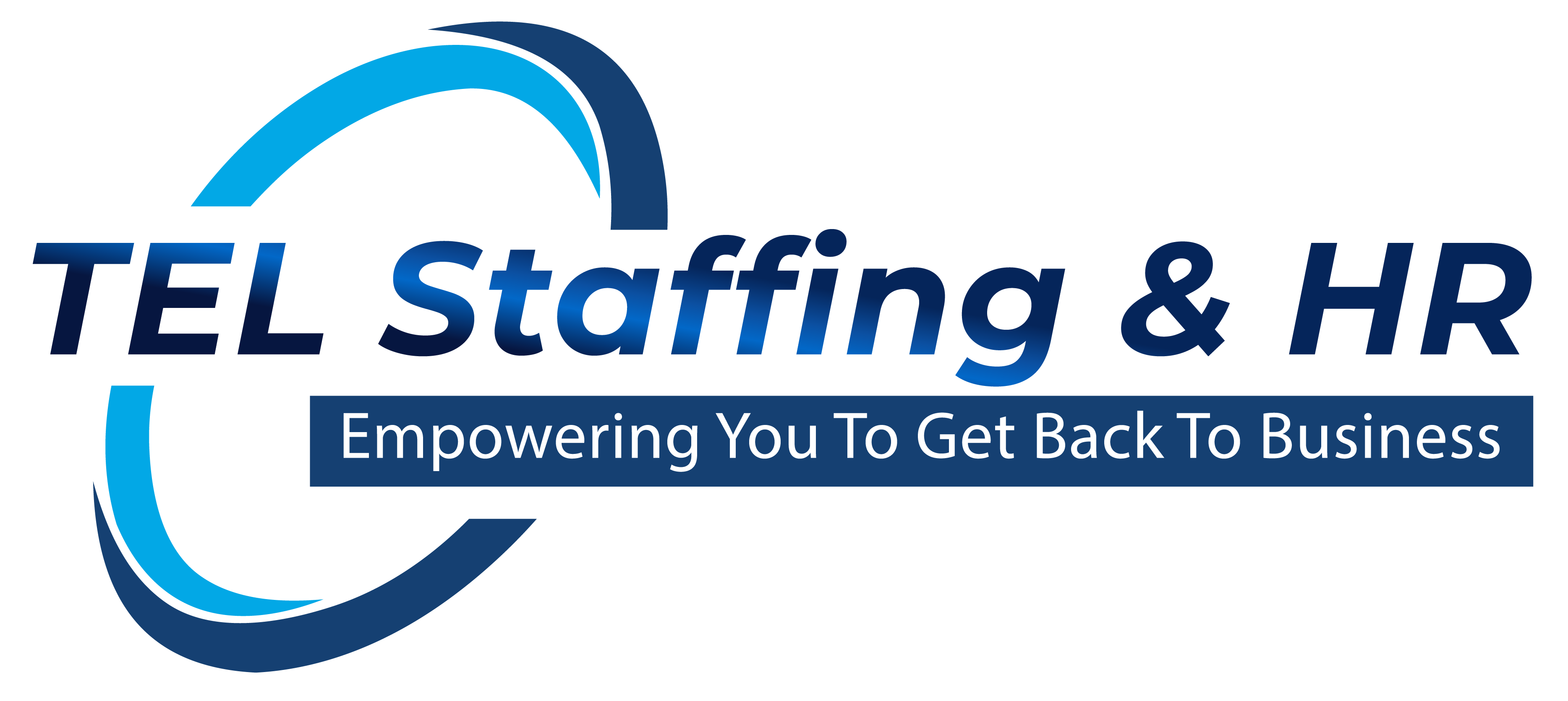Navigating the labyrinth of human resources can be both a strategic advantage and an operational headache for many businesses. HR solutions now range from intricate software systems to comprehensive personnel consultation, providing a spectrum of support. The art is in tailoring these to your needs and focusing on what your business does best.
In this post, we will break down the different types of HR outsourcing and what each level of service entails to help you decide which approach will enhance your business's functionality, compliance, and growth.
The Different Types of HR Outsourcing
Imagine HR as a vast puzzle comprising many pieces, where each is important, and many are constantly changing shape. Keeping track of these moving parts is costly, time-consuming, and risky for many businesses due to the burden of keeping up with changing regulations.
Knowing which level of support you need also gives you insight into the HR partner that's correct for you. Here is a breakdown of the common HR outsourcing types to help clarify which one is best for your needs.
PEO – Professional Employer Organization
Professional Employer Organizations (PEOs) are comprehensive HR service providers and share employer responsibilities through a co-employment model. The PEO takes on shared responsibility for managing employment tasks, including payroll, benefits administration, and compliance with state and federal regulations. This partnership makes the PEO the employer of record for tax purposes and benefits administration, effectively dividing these functions with the company that hires them. It allows businesses to leverage the PEO's expertise in HR management and risk mitigation while gaining access to a broader range of benefits and services typically reserved for larger corporations. It can also reduce risk and premium costs for workers' compensation.
By aligning with a PEO, companies can significantly lighten their administrative burdens, dedicating more resources and focus to strategic growth. This model streamlines HR processes and helps navigate the intricate landscape of labor laws, thereby reducing the potential for costly legal disputes. Furthermore, by pooling employees from multiple companies, PEOs can offer more competitive rates on health insurance and worker's compensation policies, creating a win-win scenario that enhances employee satisfaction and retains talent.
Administrative Services Organization (ASO)
An Administrative Services Organization (ASO) helps businesses streamline their human resources operations by allowing companies to outsource tasks such as payroll, employee benefits administration, and HR compliance while maintaining the primary employer-employee relationship. They can provide HR support but are not as comprehensive as PEOs, as they do not enter into a co-employment relationship.
The advantage of partnering with an ASO lies in its ability to provide tailor-made services that adapt to the specific requirements of your business, coupled with the flexibility to select only the services you need. This approach ensures your HR functions operate smoothly and efficiently and offers the potential to significantly reduce administrative overheads, allowing you to concentrate on core business strategies.
Payroll processing is the most basic HR outsourcing service because it only offloads the tasks of administering payroll and can be administered as a low-level tier of ASOs. It ensures businesses with accuracy, security, and on-time processing, all while shedding the weight of a time-consuming task.
By entrusting the complexities of HR administration to an ASO, businesses can mitigate risk, ensure legal compliance, and ultimately foster a more focused and productive work environment.
HR Consulting
The consultancy model addresses HR challenges from a strategic standpoint, helping to guide companies through the complex worlds of employment law, organizational development, and labor relations, which cover the critical services of handling employee relations, employment law, and performance management. They are crucial experts whose input can help guide your decisions based on a wealth of experience and a panoramic view of the industry.
While they don't offset administrative burdens like payroll processors, ASOs, or PEOs do, they offer critical support for your internal team by helping them stay up to date with changing regulations. Having an outside expert who can alert you to necessary changes or ensure your processes meet guidelines can help you remain compliant and reduce the risk of fines.

Understanding Your Business's HR Needs
For businesses approaching HR outsourcing, the overarching need is often compliance. Compliance is not a stationary target—it moves daily due to the fluid nature of employment laws. It can be daunting for companies and growing enterprises to keep up without dedicated resources. Companies are subject to employment laws and regulations from the time they hire their first employee – but businesses of that size do not often have the resources to handle everything themselves.
For example, let's consider a small company that handles construction supply in Florida. This company was founded by someone with years of experience in the field but no business experience. To get help, they outsource their payroll and taxes to alleviate that burden. However, as the company grows, it becomes increasingly stuck with new regulatory changes and complications from adding more employees. So as they grow, they offset more and more to their HR partner.
Having an expert who can handle their payroll and benefits administration saves them a lot of time, giving them more capacity to focus on their business strategy. Knowing that their compliance and regulatory needs are in good hands reduces the stress of managing it themselves and keeps more money in their hands.
Matching Your Needs with an HR Partner
Finding an HR partner that matches your culture and needs is crucial – especially when looking for a partner who will grow with you. You want a provider who listens to your needs, understands the nuances of your industry, and offers scalable solutions. They should align with your corporate values and be as invested in your employees' well-being as you are. In short, you want a provider who's a true partner.
Outsourcing HR can liberate an organization from the tedium of administrative tasks, the complexity of compliance, and the broad spectrum of potential HR headaches. The key is finding an outsourcing service that dovetails with your business's trajectory – a partner that's not just an endpoint but part of your company's evolution and success.
TEL is an experienced HR & Staffing Partner that can help your business at any level. Contact us today to learn more about how we can help you grow your business.





